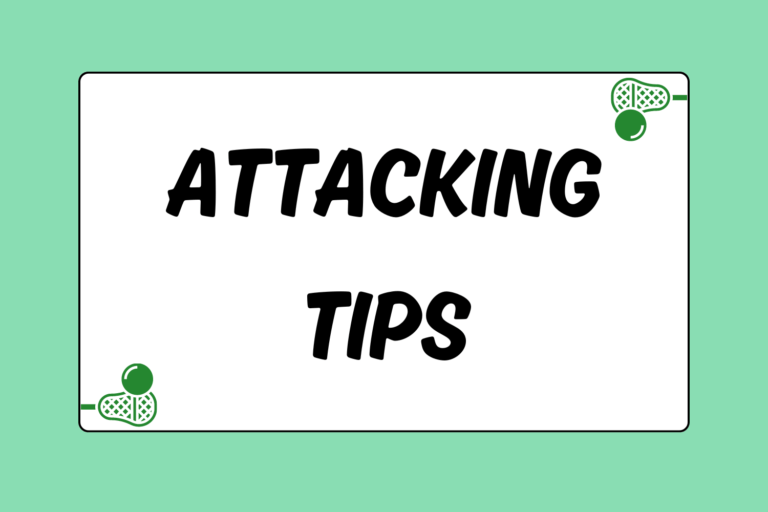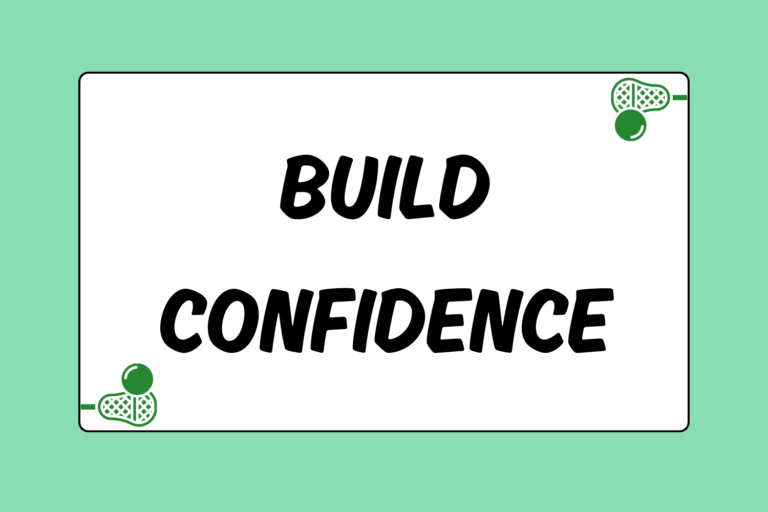These days it’s not uncommon to watch a game at any level — whether youth, professional, or anything in between — and see a coach losing his cool and making a fool of himself. This can apply to any area of coaching — be it dealing with officials, running practice, or talking with parents on the side. Actions like this are embarrassing to players and the program as a whole, and do little to help players grow as individuals, which is why the coach is there in the first place.
Whether you’re a long-time veteran of the profession or just getting into coaching, definitely be sure to check out the Positive Coaching Alliance for pointers on coaching ethics. But before you do that, this guide is a must-read for valuable tips on coaching conduct!
Winning vs. Fun
One key to achieving coaching satisfaction is to balance the desire to win with an awareness that kids need to have fun when playing a sport. It’s fine to instill in young players the desire to win, but it should not be “win at all costs.” Emphasis on winning should always be balanced with fun.
Start your season off by sitting down with the players and their parents and letting them know about your priorities as a coach. While you wouldn’t likely be coaching if you weren’t competitive, you also want to make sure that everyone involved has fun while they’re winning all those games. Many teams that win most or all of their games have some players who ultimately don’t end up enjoying the experience. Some players never get to play, and others get ignored by the coach if they aren’t a key contributing player.
Always take the time to check in with players during the season and make sure they are still enjoying playing the game. Make sure they know there won’t be any negative consequences for telling you they aren’t necessarily having fun. Take players aside individually during practice when you have a spare minute and try to get a sense of how they are enjoying the season.
Life Lessons
The biggest part of your duties as a coach is to leave a lasting impression on the kids you work with. And we aren’t talking about the “coach was so mad that day he had a vein bulging out of his forehead” type of lasting impression. Make your mark on the kids in a positive way, so that they will remember you fondly years down the line.
For the most part, leaving a lasting impression and teaching kids about how to conduct themselves comes down to respect. Whether it’s for opponents, teammates, coaches, or officials, kids have to learn to respect everyone involved in the game as well as the game itself. You can’t expect all your players to be friends with each other, but if they display respect, then no problems should arise.
Lead by example, and make sure the players see what you’re doing. Treat all of your players the same. If the worst player on the team breaks a rule, his punishment should be the same as it would be for the best player. Treating players fairly lets them know that you have equal respect for everyone on the team.
Dealing with Parents
The ability to calmly deal with parents plays a big part in your success as a coach and how you’ll be perceived. Parents will inevitably come to you and put you in compromising situations. They will ask you why their kid doesn’t play more, or why someone else’s kid plays instead of theirs. These situations can put you in some tough ethical dilemmas. Dealing with them the right way will leave everyone satisfied, and will give you peace of mind.
Being honest with parents is vital to respectfully telling them things they may not want to hear. The key is to be honest without being rude. When telling parents that their kid doesn’t play much because he simply isn’t as good as the rest of the players, phrase it in a polite way. Something like, “John hasn’t played as much as we expected because he isn’t developing at the rate we thought he would” is a fine way to ease the blow to the parent. Every parent expects the absolute best out of their kid, but they will understand your dilemma as a coach if you can be polite and forward with them.
Another uncomfortable subject have may have to handle regards the parents’ conduct. Some parents can be loud and rude during games, and players definitely take notice. Players also notice when you take care of this issue, and other parents will notice and conduct themselves accordingly.
Approach the parents and be stern, but not condescending. Explain to them that such conduct is not tolerated in your program; you are there to set an example for the players, and make sure everyone else in the program does the same. Tell them you appreciate that they’re out supporting the team and they’re welcome to attend the games, but that obnoxious trash-talking has no place at your team’s games or practices. This goes back to respect for the game, and the players will take notice of your actions.
Mental Edge
Check out the guide, “How to Deal with Problem Parents”. It details all the types of parents you’ll encounter, and how to best deal with them. Nothing can frustrate a coach more than a parent who is throwing a wrench into the machine, so read up and you’ll be much wiser for it!
Dealing with Officials
Interacting with officials can present situations in which it’s easy to lose your cool. When dealing with a ref, do your best to be polite and stay in control of your emotions. The way you conduct yourself on the sideline carries over to the actions of your players on the field.
It’s okay to question a call, but be fair to the ref when doing it. Don’t call names or get sarcastic with the guy. Players see this, and will often emulate your tone. Referees will allow you to banter with them as long as you’re polite about it. Some will even joke with you once you’ve shown yourself to be sane and humble.
Make sure to tell your players that they are never permitted to talk to the referees. Only the team captain has this privilege, and it is a huge show of disrespect for a player to question a referee’s call. Players must know that they have no choice but to accept whatever call an official has made, and they have to be able to quickly forget about it and maintain focus on the game.
Honoring the Game
Coaching the right way and instilling the proper values in players comes down to essentially one thing: honoring the game. The game is bigger than any one individual, and players and coaches alike should act accordingly. Set an example by treating everyone with the same respect, and playing the right way. Your ethics as a coach will instill the proper values in your players, and you will finish every day satisfied that you’re making a difference in players’ lives.





